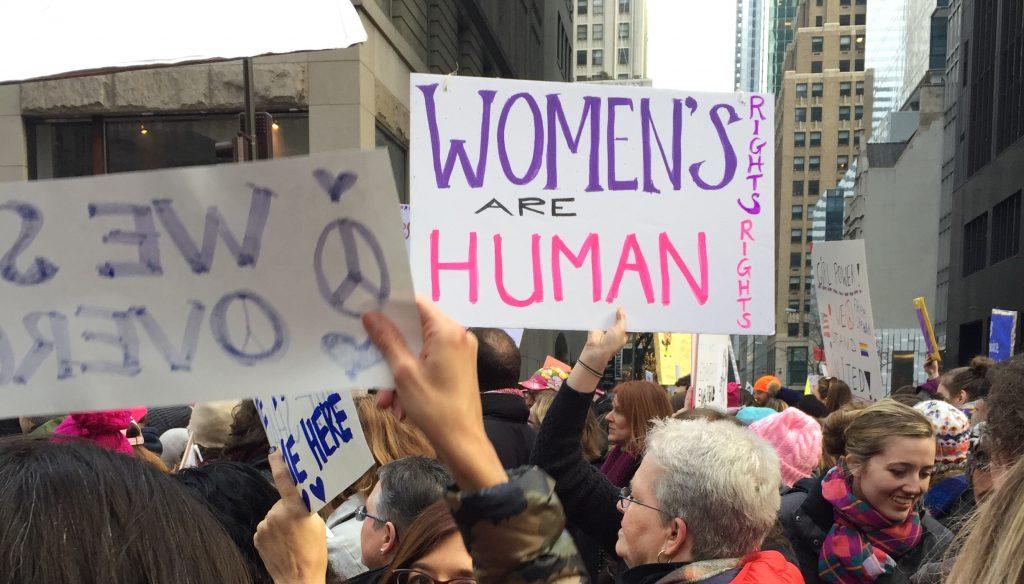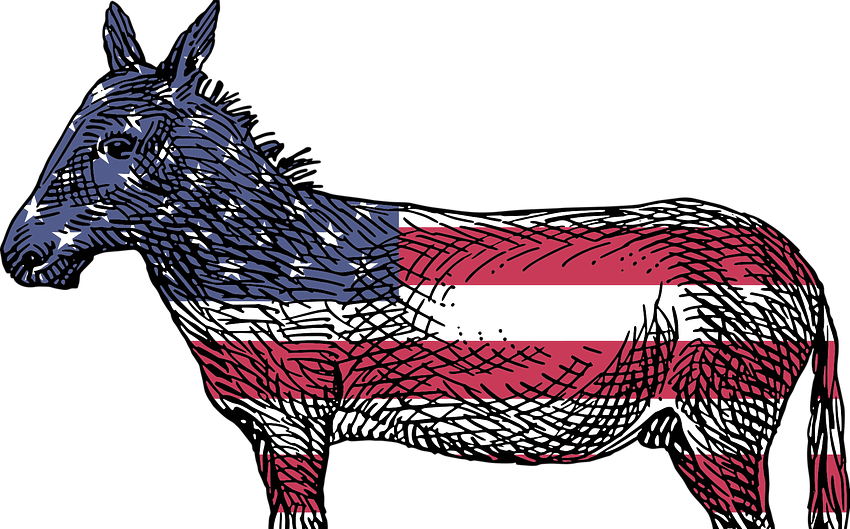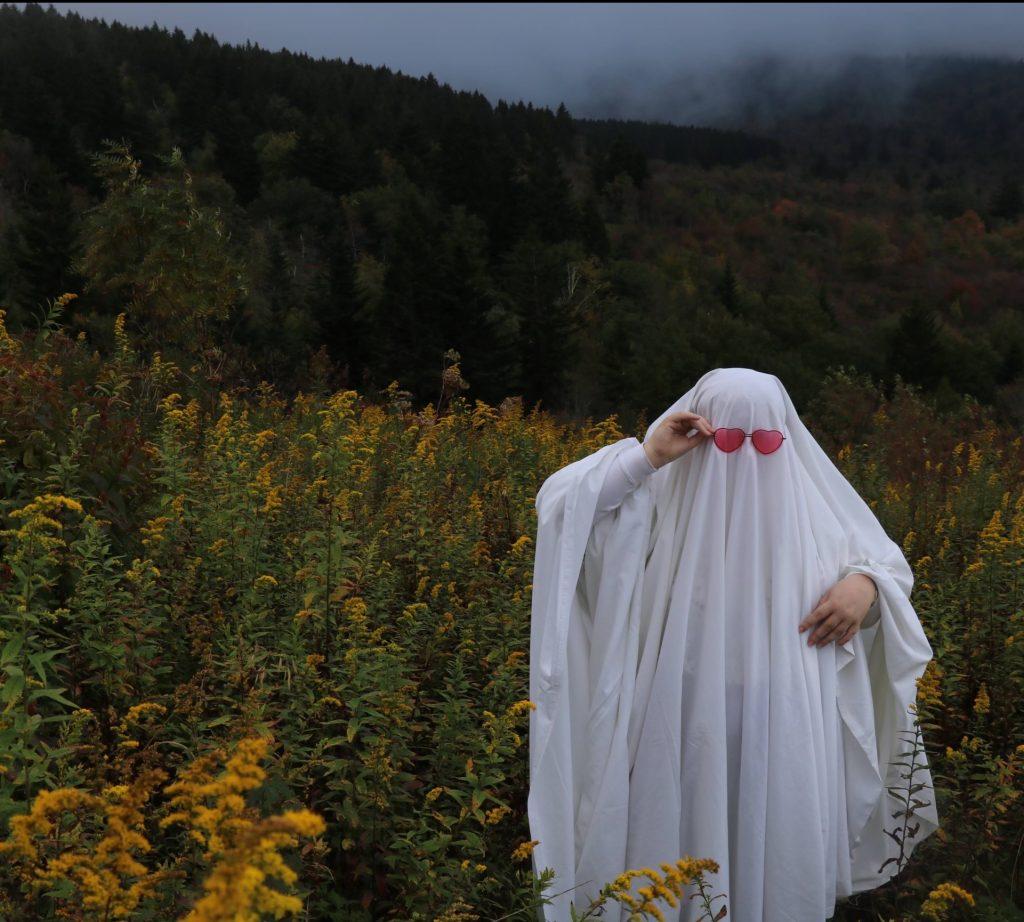It is truly one of the most wonderful times of year. It is a time of holidays, family, friends and delicious winter treats. People everywhere can’t wait to sit in their warm homes and crank up some good Christmas tunes. Inevitably, the classic song, “Baby, It’s Cold Outside” is bound to come on. I truly think it isn’t Christmas until we start to discuss how creepy this particular song is. “The answer is no,” “What’s in this drink?” and several more lines are bound to make all of us squirm in discomfort. Radio stations in several states have even started to ban playing of the song.
But, was “Baby, It’s Cold Outside” meant to be viewed as the date-rape song it’s viewed as today?
The classic holiday tune was written by Frank Loesser in 1944. He wrote the song for his wife and himself to perform at parties. The song’s host tries to convince the other member of the duet to stay the evening because it’s cold and the trip home could be difficult. Though the song itself never mentions anything about Christmas or another winter holiday, it is always played most in December.
“Baby, It’s Cold Outside” was written in a time where there were much stricter roles and expectations for women. The unnamed woman in the song is doing something that was a big deal at the time— she was staying unchaperoned at a man’s house. This wasn’t something “good girls” were expected to do, and she references this in lines like, “There’s bound to be talk tomorrow.” She wants to be viewed as a “good girl,” but she’s doing a bad thing. She is worried that if news gets out that she stayed the night with this man, she could get into trouble and be gossiped about. This is why the storm outside would be a good excuse. She can’t get home, it’s too dangerous! Might as well stay…
The unnamed woman expresses she is indeed having a good time and she wants to stay. She says, “Well, maybe just a half a drink/a cigarette more,” to procrastinate leaving. Think of when you’ve said, “Just one more episode,” during your Netflix binge or when a child says, “Just five more minutes!” at a playdate. This woman is clearly having fun with the man and figures it would be okay if she just had one more little drink so she can stay longer.
That part of the song and several others are supposed to be kind of a joke. Humans love to come up with convenient excuses to try and make their so-called bad behaviors not a big deal.
The other most controversial part of the song, the line, “What’s in this drink?” also needs to be viewed within historical context. Around the time the song was written, “What’s in this drink?” basically meant that the drink was very weak, either containing hardly any or no alcohol at all. The line was not meant to be viewed as the man drugging the woman or purposely getting her extremely drunk so she can’t consent. That is, unfortunately, a huge problem in our modern society. When we in modern day heard that line, we connected it to date rape because we don’t live in 1944 and therefore don’t understand their popular jokes and slang.
The song “Baby, It’s Cold Outside” just hasn’t aged well, like a lot of things. Watching Rudolph the Red-Nosed Reindeer with modern eyes definitely paints the film as iffy, for example.
The song wasn’t meant to be a creepy song about a poor defenseless woman trying to escape a man’s nonconsensual advances. The song was about a woman rebelling against society’s expectations by spending an evening with a man during a time where women weren’t really allowed to think for themselves. During this time, women were expected to reject a man’s advances. The man in the song, therefore, “pressures” her to stay because since she’s a “good girl.” She can’t exactly say, “I stayed alone with this man because I wanted to.” The convenient excuses are the theme of the man’s lines in the song. He comes up with explanations she can give if people ask why she spent the night— it was too cold, he was concerned for her safety in the bad weather, there were no taxis available, etc. When she sings, “At least I’m going to say that I tried,” she means that she’ll be able to later explain that she indeed did what women were expected to do: in this case, try to say she can’t stay.
The end of the song is the duet singing in harmony because they’re both in on this little scandalous action and know exactly what the other is doing. They’re excited about their night together and want to relieve the anxieties caused by doing something like this. The couple’s night together was perfectly consensual. The woman in the song is just trying to find a way to choose what she wants in a patriarchal society that tries to shame and prevent her from doing so.
“Baby, It’s Cold Outside” is definitely not a song that translates well in modern society. We’ve grown up and women are allowed to exercise their own freedoms more than they used to. The song doesn’t work in 2018, but it worked in 1944. We should keep in mind whenever we consume old media that things then had different meanings than they do now. It’s how life works— we grow, we change, we reinvent. “Baby, It’s Cold Outside” has been tainted by modern rape culture, and that’s a sad thing to happen to a song about a woman trying to break free of society’s strict expectations. It’s sad that it’s been banned.
You know what Christmas song should be banned? “Santa Baby.” Sure, let’s have a song where a woman flirts with Santa Claus to try and get him to give her expensive things. That has a great message. Instead of focusing on a song with innocent intentions, let’s ban the actual offender.
By: Cat Whiting, Opinion Editor













